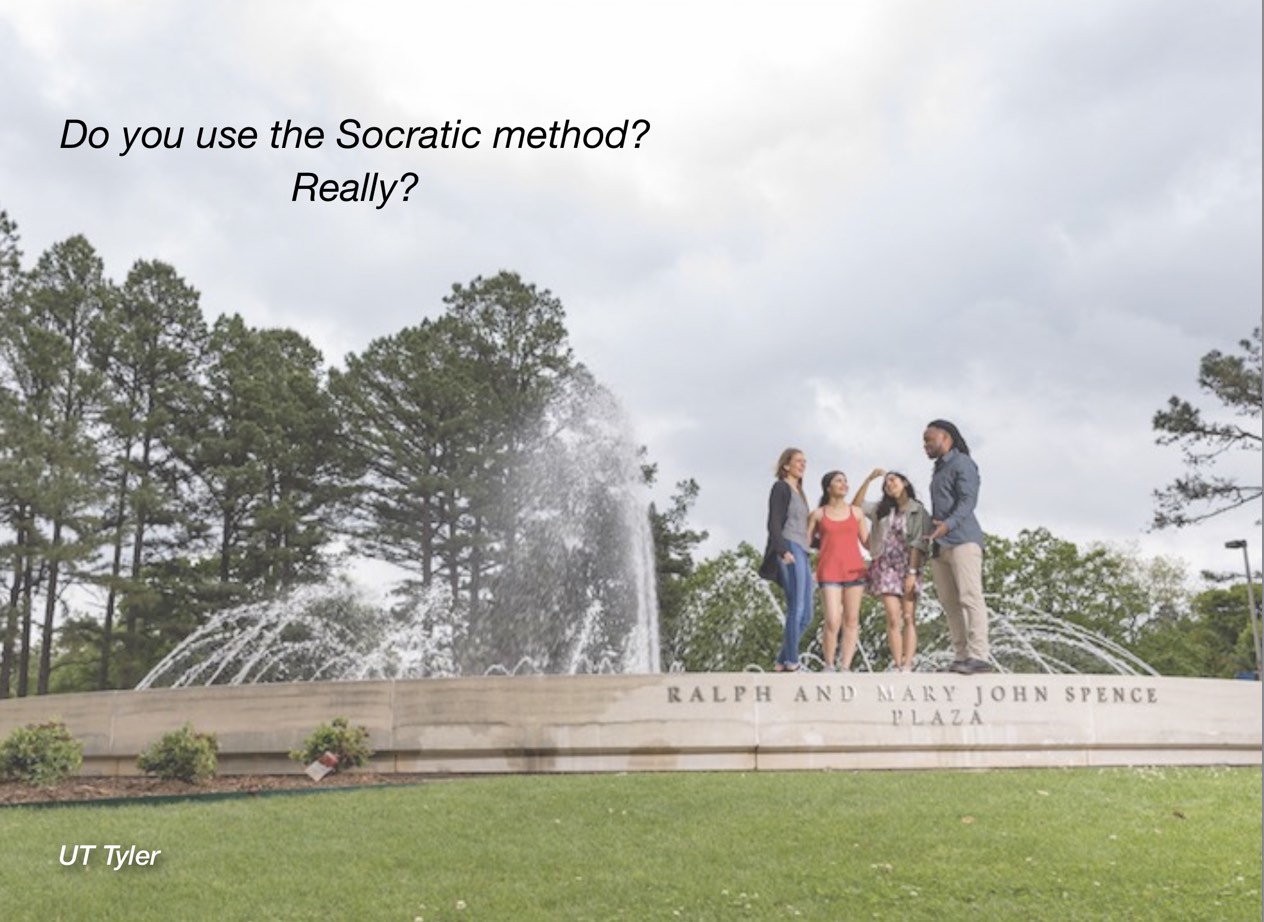6 The Importance of Admitting You Don’t Know


Neil Gray
During my teaching career, there have been many instances in which a student has asked me a question that I couldn’t answer. Often, my inability to respond comes from the fact that I simply do not know the answer. In some cases, I don’t know because I learned the answer long ago and have forgotten. In other cases, I don’t know because I have never learned or even thought about it. I love questions I cannot answer because they indicate that the student is engaged in thoughtful consideration of the topic and because I know that I will also learn something from the exchange.
From my experience, one of the worst things you can do in a situation like this is to trivialize the student’s question as unimportant or unrelated. Why discourage the student from thinking beyond the topic presented? We should encourage any and all questions even vaguely related to the subject under consideration. Such unrestrained imagination and curiosity is an important part of learning. If we trivialize the student’s curiosity, we run the risk of derailing her learning experience. Every interaction with a student should be motivating in nature.
When asked a question that I don’t know the answer to, my response is always, “I don’t know.” I then praise the student for coming up with such a good question, and ask if I can think about it and get back to her. Afterwards, I make sure that I actually do so. I sometimes ask the student to also seek the answer and let me know if she finds it before I do. These are exceptional teaching opportunities that shouldn’t be missed.Another improper response would be to bluff your way through an answer that you know is incorrect. Although the immediate result might appear to be the maintenance of your position as an “expert,” a simple Google search will tear down that house of cards. This would likely cause the student to doubt other things you say. Trust is critical in the student-teacher relationship. The student must trust that you are giving him accurate information.


“Neil Gray raises a fundamental question about the novice-expert student-teacher paradigm. Aren’t teachers expected to know all the answers? When a teacher doesn’t know an answer, this paradigm breaks down. The responses to the breakage can, as Neil explains, either lead to dishonest teaching or opportunities for self-evaluation and learning collaborations.
I am especially aware of the good and bad possibilities. I am supposed to be an “expert” on Native American literature. I’ve published books and articles and developed eight courses. Some students think I should know everything about thousands of years of indigenous experiences. In literature classes, I’ve been asked questions about horses, hair, food, and legal decisions. I often don’t know the answers. To pretend to know perpetuates a noxious form of dishonesty. I do not claim a tribal affiliation. For centuries, people like me have “spoken for” Native Americans. For me to pretend to know would (1) risk the dissemination of false information and (2) perpetuate a dangerous tradition. To admit I don’t know would (1) emphasize the enormity and complexity of the subject and (2) open the possibility of working with students to find an answer. Obviously, in these cases, “I don’t know” is the correct answer”

